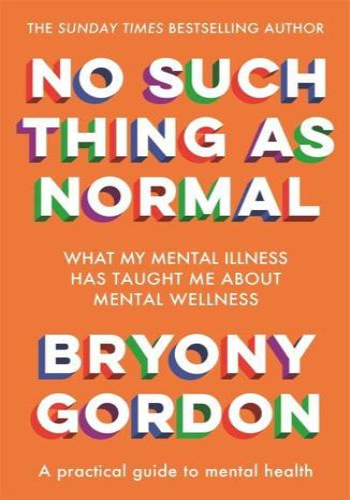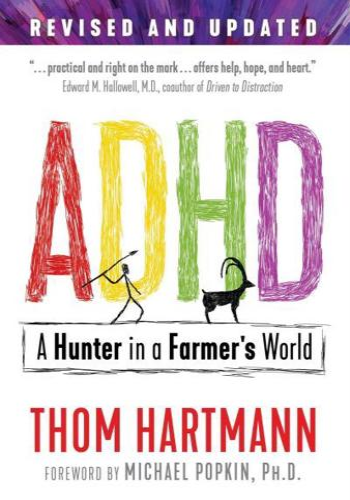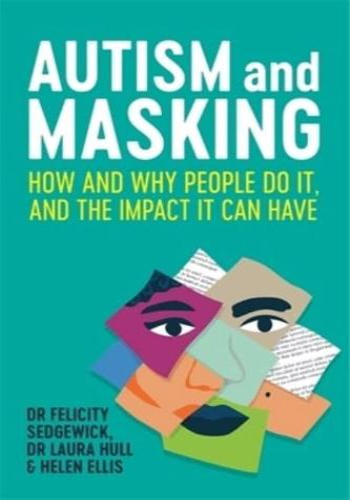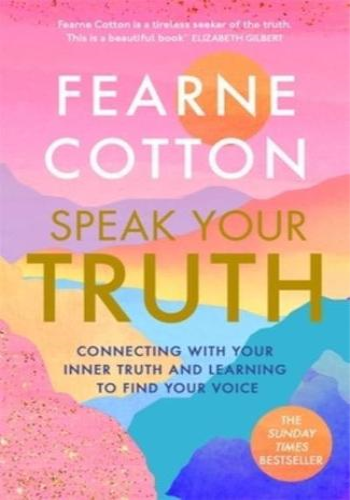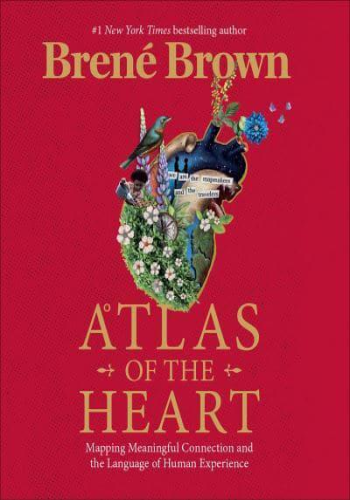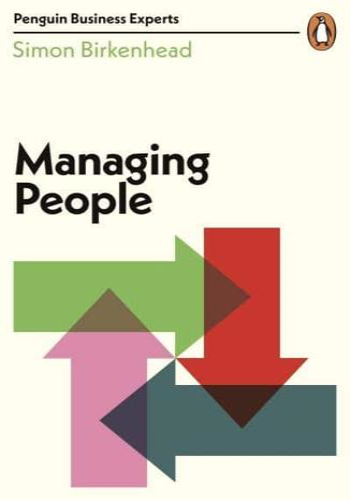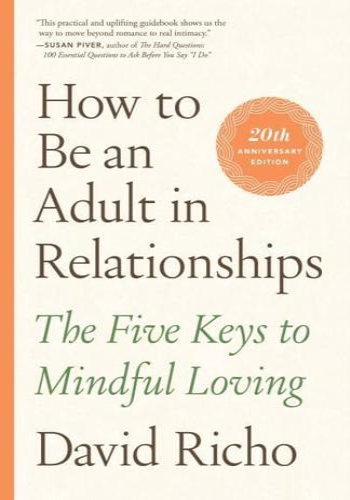A newly revised and updated edition of the classic guide to reframing our view of ADHD and embracing its benefits
* Explains that people with ADHD are not disordered or dysfunctional, but simply "hunters in a farmer's world"--possessing a unique mental skill set that would have allowed them to thrive in a hunter-gatherer society
* Offers concrete non-drug methods and practices to help hunters--and their parents, teachers, and managers--embrace their differences, nurture creativity, and find success in school, at work, and at home
* Reveals how some of the world's most successful people can be labeled as ADHD hunters, including Benjamin Franklin, Thomas Edison, and Andrew Carnegie
With 10 percent of the Western world's children suspected of having Attention Deficit Disorder, or ADHD, and a growing number of adults self-diagnosing after decades of struggle, the question must be raised: How could Nature make such a "mistake"?
In this updated edition of his groundbreaking classic, Thom Hartmann explains that people with ADHD are not abnormal, disordered, or dysfunctional, but simply "hunters in a farmer's world." Often highly creative and single-minded in pursuit of a self-chosen goal, those with ADHD symptoms possess a unique mental skill set that would have allowed them to thrive in a hunter-gatherer society. As hunters, they would have been constantly scanning their environment, looking for food or threats (distractibility); they'd have to act without hesitation (impulsivity); and they'd have to love the high-stimulation and risk-filled environment of the hunting field. With our structured public schools, office workplaces, and factories those who inherit a surplus of "hunter skills" are often left frustrated in a world that doesn't understand or support them.
As Hartmann shows, by reframing our view of ADHD, we can begin to see it not as a disorder, but as simply a difference and, in some ways, an advantage. He reveals how some of the world's most successful people can be labeled as ADHD hunters and offers concrete non-drug methods and practices to help hunters--and their parents, teachers, and managers--embrace their differences, nurture creativity, and find success in school, at work, and at home. Providing a supportive "survival" guide to help fine tune your natural skill set, rather than suppress it, Hartmann shows that each mind--whether hunter, farmer, or somewhere in between--has value and great potential waiting to be tapped.
